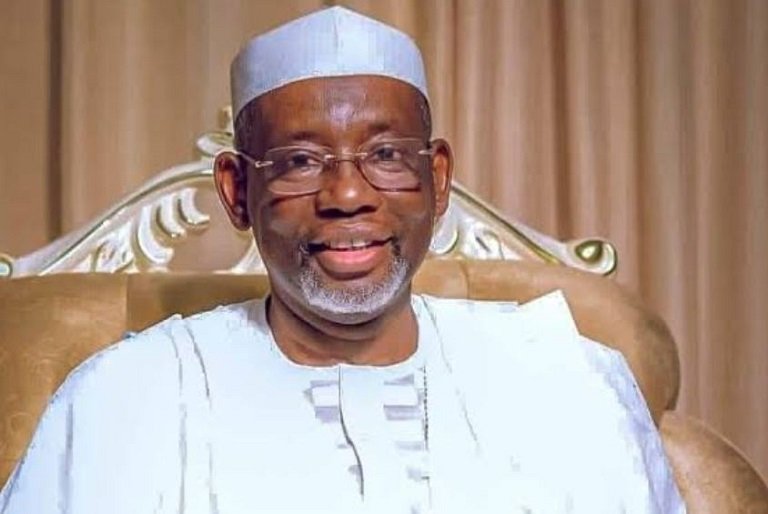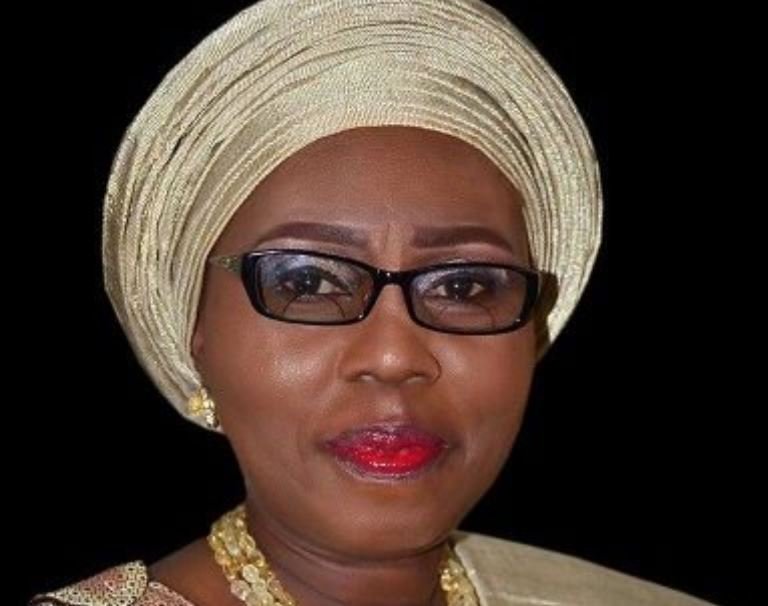On Monday, President Bola Tinubu issued a marching order to the Federal Executive Council (FEC) to implement initiatives aimed at reviving the economy.
He handed the charge to his ministers while presiding over his administration’s first FEC meeting, which was held at the State House Council Chambers, Presidential Villa, Abuja.
In his inauguration address to his 45 ministers, Tinubu emphasized the enormity of the work before the administration, demanding all those assigned responsibilities to give their all.
Tinubu stated that the administration’s main areas had been laid out in its economic programs and charged them with being prepared not to fail because there is no such thing as an impossibility in the dictionary of people-serving, adding that failure would not be excused under his watch.
“We must find a home-grown re-engineering of our finances, manage our resources, and let the economy work for the people of this country. There are so many things some cynics will say are impossible, but in your dictionary of service, everything is possible and must be possible. We have the talents; we have the level of intellectual capacity to turn this country around.”
Tinubu promised the ministers that he would listen to their concerns, saying, “I am ready to listen. Like I said to the Nigerian Bar Association (NBA) on Sunday, I am ready even for corrections; only God is perfect. Don’t be afraid to make decisions. That’s the burden of leadership. I know some of you are still looking for offices. I believe the Secretary to the Government of the Federation (SGF), Chief of Staff (CoS), and Head of Service of the Federation (HOSOF) will work as a team to settle you down quickly.”
Speaking to journalists after the FEC meeting, the discussion, according to the ministers, was focused on the administration’s intentions to revitalize the economy.
Five ministers, including those of Information and National Orientation, Mohammed Idris; Finance and Coordinating Minister for the Economy, Wale Edun; Coordinating Minister of Health and Social Welfare, Dr. Ali Pate; Agriculture and Food Security, Abubakar Kyari; and Industry, Trade, and Investment, Doris Anite, as well as the Special Adviser to the President on Media and Publicity, Ajuri Ngelale, attended the briefing.
According to Edun, Tinubu and the council in general agreed that the economy is not where it should be. He also stated that the FEC assessed eight priority sectors and determined targets to meet over the next three years, and that the Tinubu charged them with implementing policies and programs to turn the economy around.
“Essentially, we went through an exercise of looking at where things stood regarding the economy, growth rate, exchange rate, inflation, unemployment, and so on.
“The overriding conclusion is that we’re not where we should be, and we also examined the President’s eight-point agenda, that is, the eight priority areas for moving the Nigerian economy forward and for delivering to Nigerians, and those are basically food security; ending poverty; economic growth and job creation; access to capital, particularly consumer credit; inclusivity in all its dimensions as regards youths and women; improving security; improving the playing field on which people and particularly companies operate; rule of law; and of course, fighting corruption.
“It is around those matrixes that the plans and targets of what will be delivered in the next three years or so were identified, discussed, and inputs were given by various ministers, and we went away with the marching order to refine further the targets in particular and within weeks to start rolling out policies and programs to turn around the economy and make things better for all Nigerians.”











